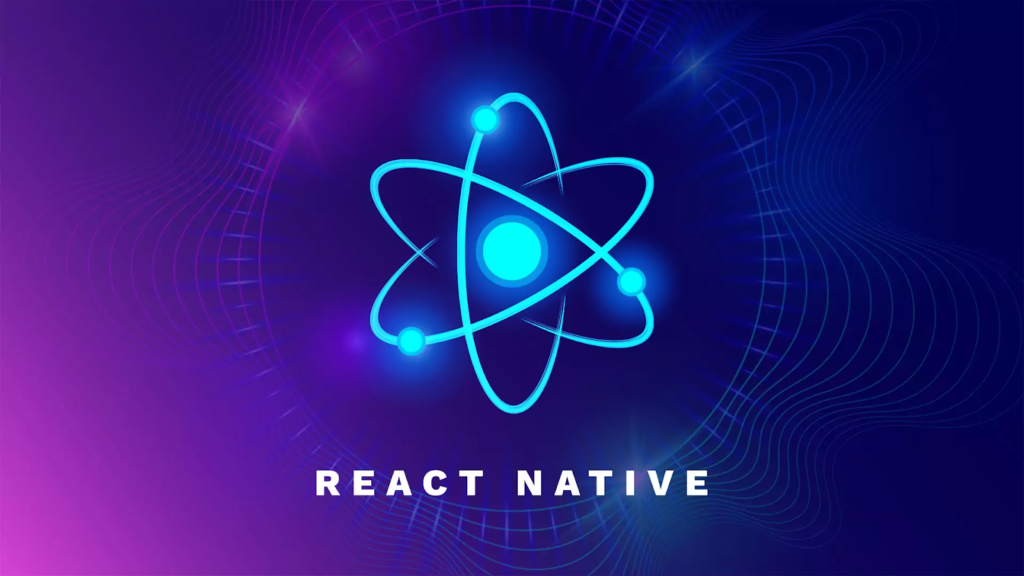React Native development is a cross-platform open-source framework created by Facebook. RN is similar to React in its operating principles, only it is controlled through platform interface components. Each Core Component has an alternative in the native interface. The component created in it will not differ in its behavior from the one developed in native languages. The native thread has two components:
- Native UI — responsible for the app interface.
- Native Modules — allows access to the platform features.
- The Shadow flow is responsible for rebuilding the layout and runs on the Yoga engine.
The platform would be a great choice for a startup that wants to implement the most ideas and save budget at the same time. Today you can choose professional React Native app development services.

Benefits and pitfalls
Now that we are familiar with the principles of this framework, we can discuss the advantages and pitfalls of RN. Let’s break them down using examples of popular statements.
You can create a website on React and get a mobile app on RN
With React Native development in both cases, JSX markup will be created for layout. But there are significant differences in using tags. This tells us that the entire UI part will have to be rewritten.
The same goes for navigation. If on websites we use the term “page”, which can be controlled in the browser bar, in the RN we use the term “screen”. Accordingly, all the logic , which is responsible for moving between pages, should be replaced by the logic. It allows you to switch between screenshots .
So, if we already have a React-based site, what do we gain? We can reuse all the logic. For example, hooks are supported in both React and React Native. It is also possible to reuse the store: we don’t need to rewrite all the queries; all this logic can be taken from the finished site.
Pros:
- You can take all the logic from React into the site.
Cons:
- You’ll have to rewrite all the UI functionality;
- You can’t reuse the navigation logic.
You can write an app once and it will behave the same on Android and iOS
Since the technology is cross-platform, we expect the written code to behave the same on all platforms. Indeed, since each of the components has its own alternative in native components, the framework handles this task well. By creating a date-picker, once, we get a familiar platform representation of it.
But it is not always possible to develop a component or describe the same logic for all platforms. The reasons are not in the framework. This is because some functions available on one platform, may not be available on another, or may behave differently.
The most common example is a different behavior of the Input component. If it is at the bottom, and the user clicks on it, on iOS, it overlaps the keyboard. In turn, on Android, it automatically scrolls and remains in the visible part of the screen. Due to these peculiarities, developers have to write certain conditions for each of them.
Problems can also arise when loading documents. For example, if we need to add a file or an image. The library react-native-document-picker allows uploading both images and files on Android. However, you will need to add a separate library to do this on iOS.
Pros of React Native development:
- Components written in the framework adjust to the OS being used;
- Most of the logic behaves the same on all platforms;
- It is possible to adjust the functionality for a specific OS individually.
Cons:
- Not all solutions specific to one OS can work identically on another;
- Sometimes functionality needs to be adjusted for each system to work.
Any app can be created in RN
Can an app have any functionality available on platforms? Theoretically it can. There are many packages which allow you to use the capabilities of a smartphone. If they are not enough, you can additionally create native modules. This will require knowledge of the native language and the peculiarities of correctly linking the native code with the framework. Not every developer is ready to write in a language other than the usual JavaScript.
In cases where a library is not provided, the necessary functionality will have to be written natively. Therefore, for example, for React Native development of an app which will control the TV, as the remote control does, RN will not be the best solution. This framework is great for a wide range of apps that don’t have unusual features.
Since communication between threads is through the bridge, games can have problems with animations. This includes the size requirements, since it ends up containing not only a native language but also JavaScript, so it will weigh more than its native alternative.
In turn, this technology is great for MVPs or apps that need to be developed in the shortest possible time.
Pros of React Native development:
- RN has no unnecessary add-ons, and will fit 90% of apps;
- The framework will allow you to write native modules for specific functionality;
- Fast React Native development speed.
Cons:
- Not the best solution for an app with lots of animations;
- Has more weight than a native app;
- May have problems with Bluetooth;
- Not suitable for gaming apps.
Low threshold of entry into React Native development
In this regard, the platform has a huge advantage, in contrast to other technologies. Many developers today use React. It can take them up to a month to learn a new framework. JavaScript takes less time to learn than native development languages.
The biggest challenge newcomers will face is setting up the environment and the emulator’s red screen. When first trying to work, the app can often crash on build. And instead of solving business problems, the programmer will be looking for the cause of the crash. However, with practice, one can learn to solve these problems with minimal time consumption.
It is not always possible to be limited to the JavaScript language, even for a basic app. To add a splash screen to the Android version, you will have to create a class in Java. If you decide to switch to RN from a native language, getting used to JavaScript can be difficult.
Pros:
- It doesn’t take much time to convert from React developer.
- JavaScript is easy to learn.
- All React Native development environments are free.
- Large community.
Cons:
- Setting up the environment can be difficult.
- It is not always clear what caused the app to crash.
- For some complex tasks, you will have to learn native languages.
- Difficult to switch to JavaScript if you’re switching from a strictly typed language.

Summary
The main plus is the speed of React Native development. Ready-made libraries allow you to do 90% of the OS functionality, and if that’s not enough, you can implement it natively. Also, React Native development will not require different commands for different OSes. Also, the framework has a low threshold of entry and allows you to partially use logic from the React site. All in all, it’s an optimal option suitable for most mobile apps.


